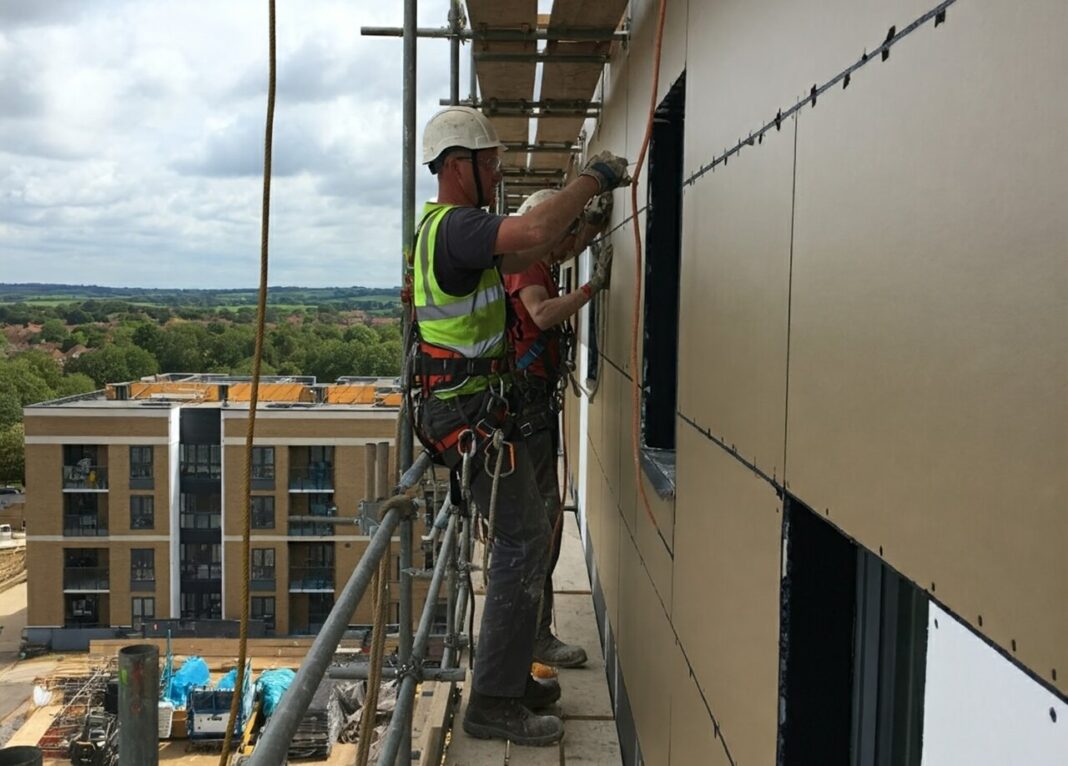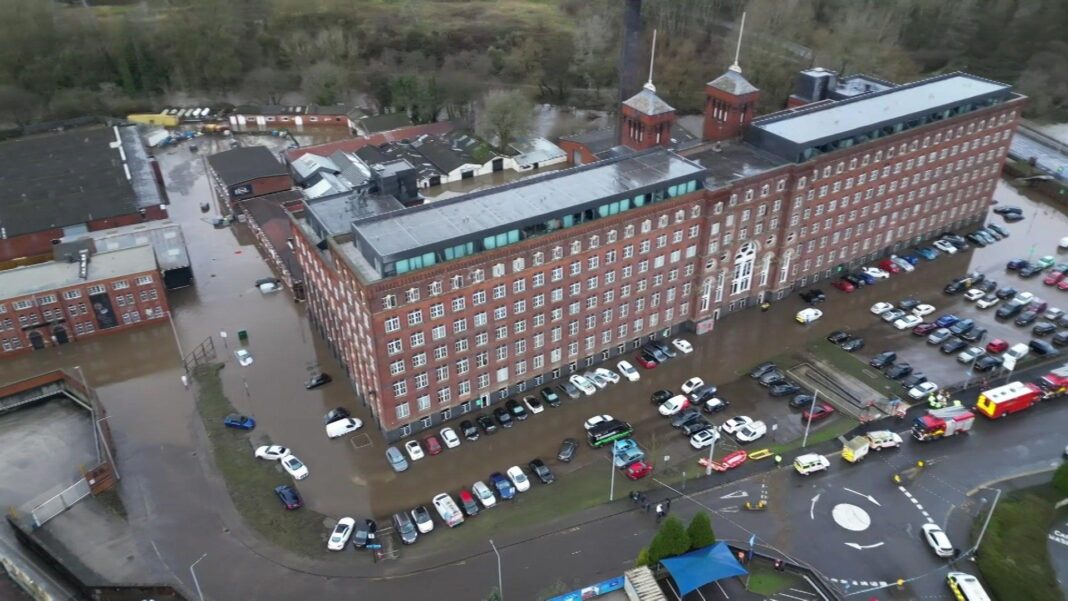The UK Supreme Court has ruled that developers who voluntarily carry out safety repairs to residential buildings can pursue compensation from others in the construction supply chain – even where no legal claim had been brought against them.
The decision is expected to have far-reaching implications for developers and construction professionals navigating post-Grenfell building safety liabilities.
In URS Corporation Ltd v BDW Trading Ltd, the Court confirmed that the Building Safety Act 2022 (BSA) and the Defective Premises Act 1972 (DPA) support a broader interpretation of who may bring and face claims related to construction defects.
The ruling dismissed four grounds of appeal brought by URS, the structural engineer appointed by BDW, one of the UK’s largest residential developers.
DESIGN FLAWS
The case arose after BDW identified design flaws in multiple high-rise buildings originally developed by the company and subsequently carried out repairs at its own expense.
Although no claims had been made by leaseholders or residents, BDW sought to recover its remediation costs from URS.
URS argued that the repairs were voluntary and that BDW no longer had legal liability due to the expiry of statutory time limits.
The Supreme Court rejected those arguments, concluding that:
- Voluntary repairs do not prevent cost recovery;
- The new 30-year liability period under the BSA applies to claims related to the DPA, not just those brought under it;
- Developers can both owe and be owed a duty under the DPA;
- Contribution claims can be brought even if no formal claim has yet been made against the party seeking contribution.
Legal experts say the judgment reinforces the principle that responsibility for building defects – particularly those impacting safety – must be shared across the construction chain, including engineers, contractors and developers.
COMFORT BLANKET

Anthony Willis, Partner, Construction & Engineering at Addleshaw Goddard, says: “The Supreme Court’s judgment will no doubt provide comfort to developers in similar positions to BDW that they are able to pursue ‘onwards’ claims against the construction supply chain and allocate the cost of remedial works between culpable parties accordingly.”
While the judgment was based on assumed facts and the underlying dispute will now proceed to trial, the Court’s interpretation is expected to shape future litigation and remediation strategies across the housing sector.










